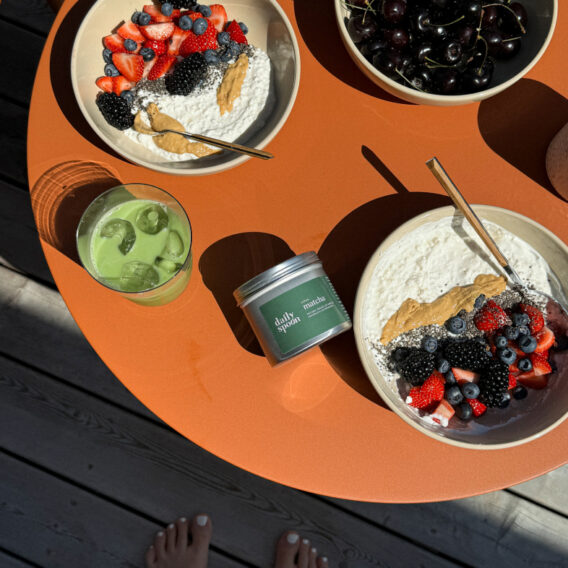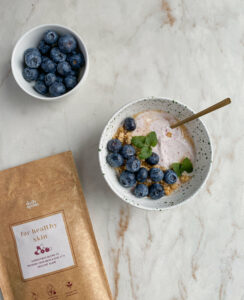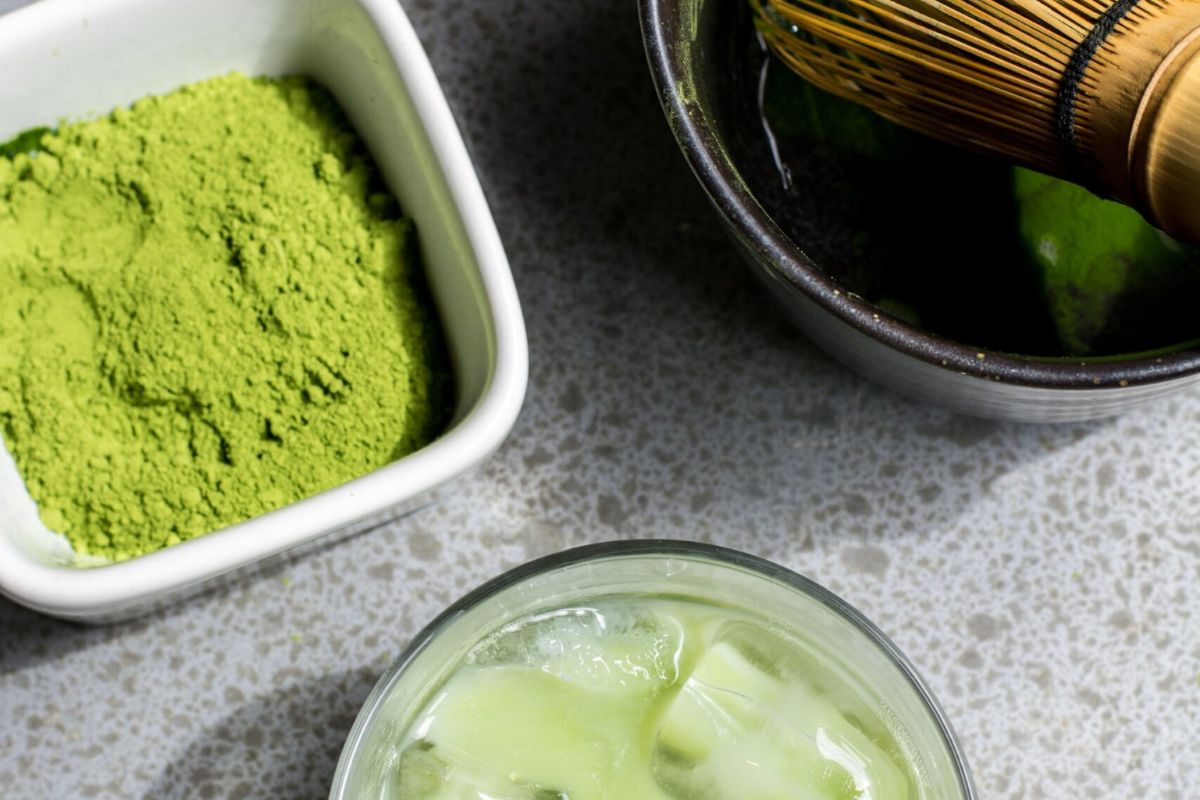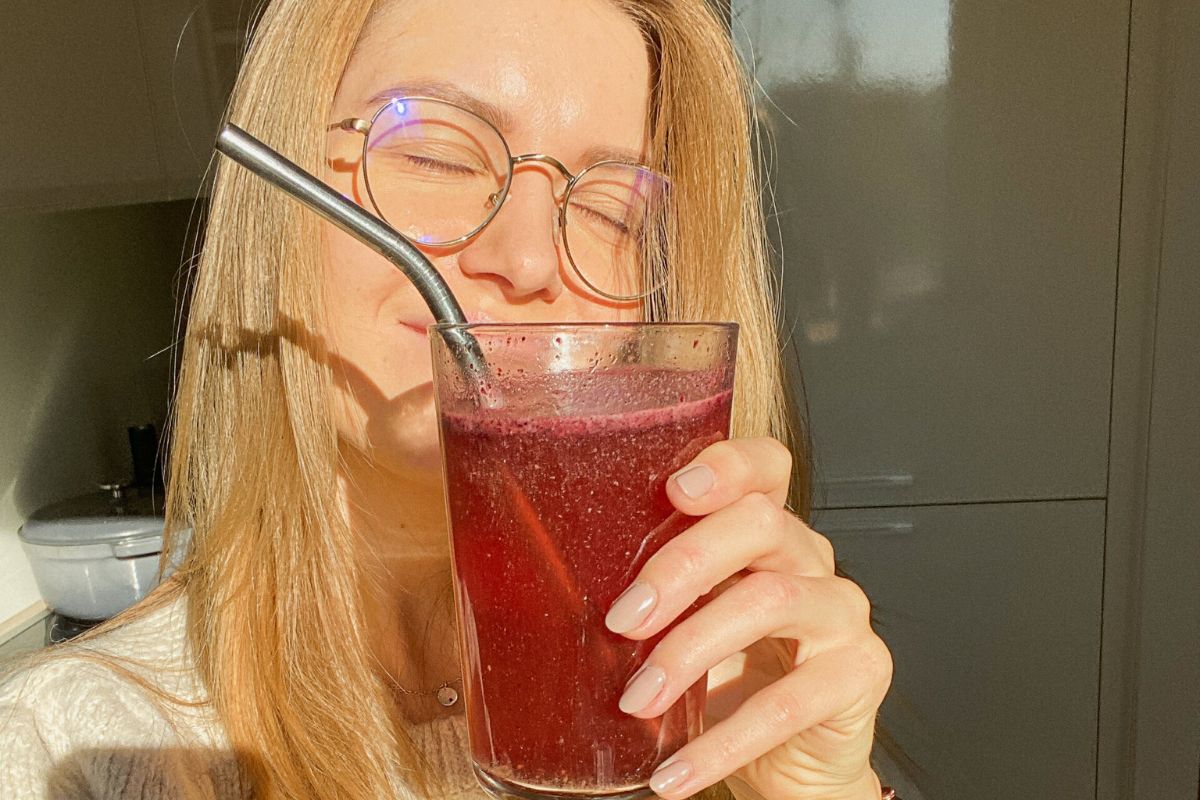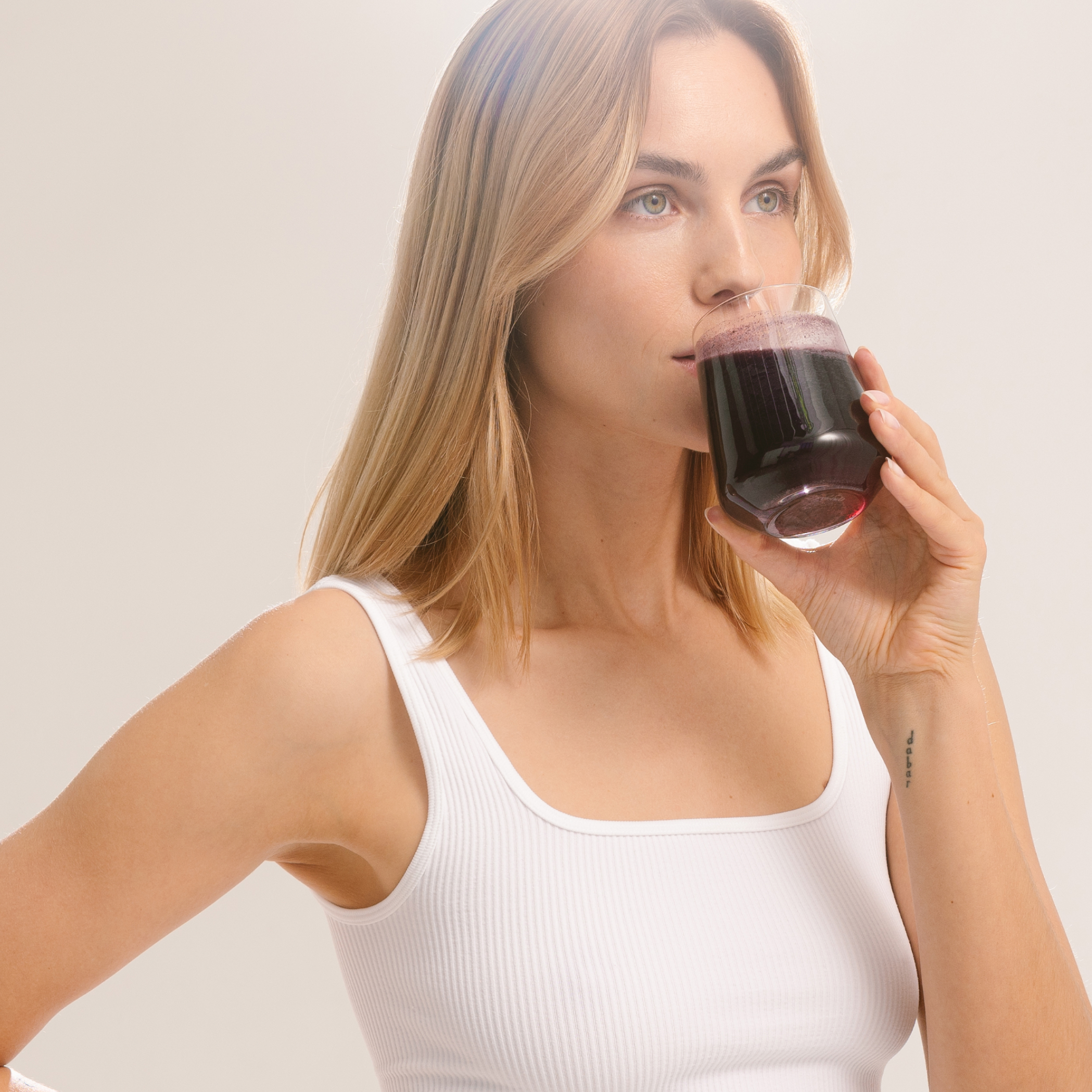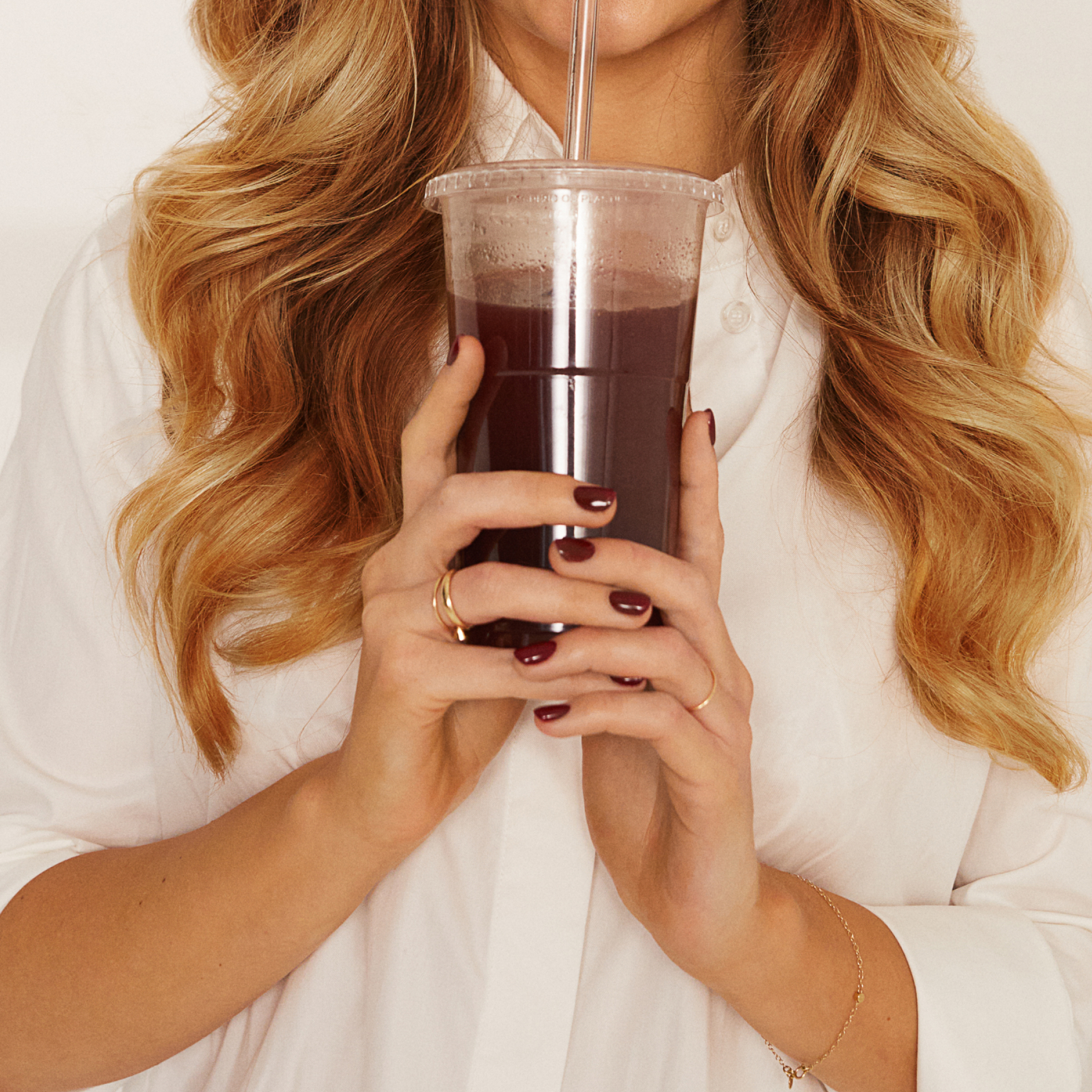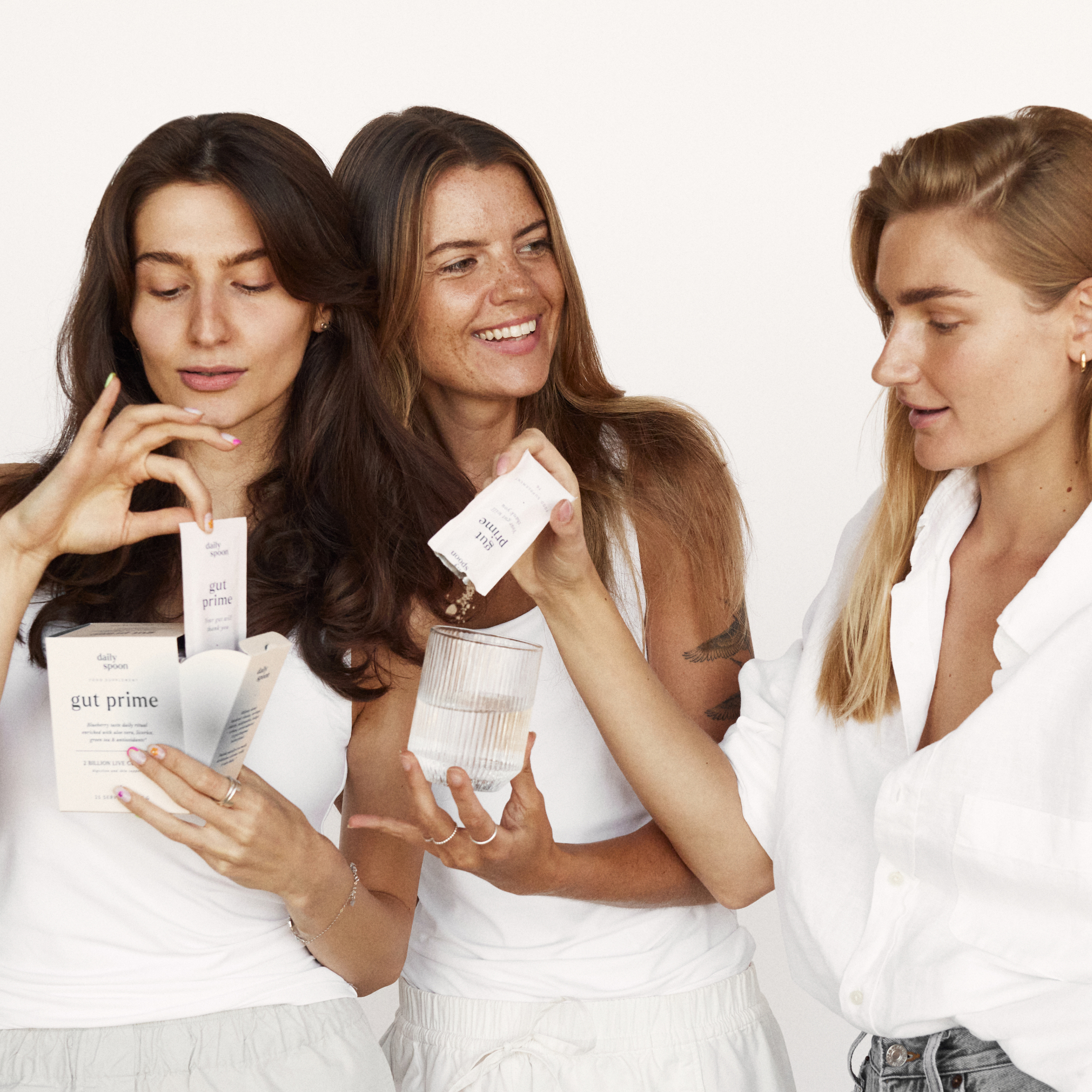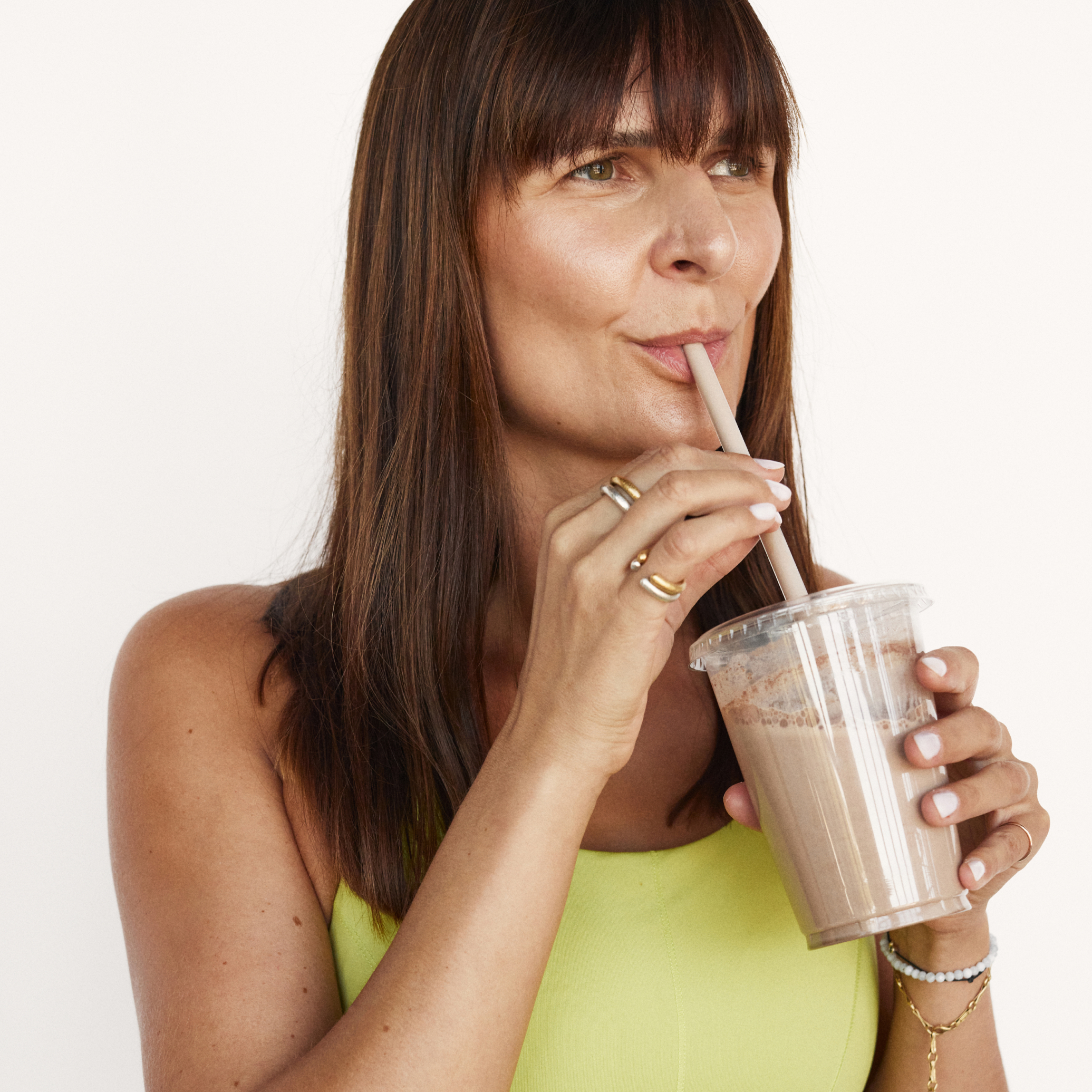Nutrition stories
We share the experiences and basics of healthy and comprehensive nutrition that can not be lost in the flow of information that surrounds us all the time
Join Our Community
Think of us as a friend who shares great recipes, helpful tips, and exciting discoveries. We’ve got lots of nutritious newsletters headed your way!
-
Discount on your first rituals
Take the first step toward a healthier everyday life with an extra boost from us.
-
Nutritious recipes
Delicious, time-tested kitchen inspirations that bring a burst of colors and flavors to your daily meals.
-
Nutrition made clear
With so much nutrition information out there, it’s easy to get lost. We’ll help you find the way back to the core principles of healthy eating.
-
News
Get tips on smoothly integrating rituals into your routine, plus early access and exclusive behind-the-scenes moments with our team.
